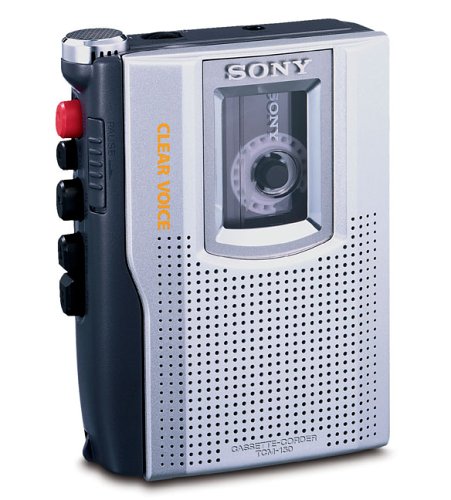As most people may be aware, taped conversations are generally not permitted into evidence if the person was not aware that they were being recorded. However, a recent case has shown that taped conversations, where the person has given permission to be recorded, can be admissible in court proceedings.

Section 138 of the Evidence Act 1995 (CTH) provides that the Court has a discretion to exclude improperly or illegally obtained evidence.
It was alleged that the person stated to the recorder “you can tape what we say”; however the recorder could not recall if this was said prior to the conversation that was recorded. As a result, the evidence failed to establish that permission was granted at the time of the conversation or at a time earlier than when the conversation took place and the Court found that the conversation was taped without the permission of the person being recorded. As a result, it was held that the evidence had been improperly and illegally obtained.
The second issue that the Court had to determine was whether this illegally obtained evidence should be admitted. Under Section 138, such evidence is not to be admitted unless the “desirability of admitting the evidence outweighs the undesirability of admitting such evidence”. When considering this provision, several issues need to be considered:
- whether the evidence is useful in proving something important or is key evidence in the proceedings
- the nature of the subject matter and the relevant offence
- the seriousness of the impropriety and whether it was deliberate
- Whether any other proceeding has been or is likely to be taken in relation to the recording
- The difficulty of obtaining the evidence without impropriety or contravention of an Australian law.
After considering the above factors, the Court found that the evidence in this case, in the form of a transcript of the conversation between the two parties, was not to be admitted in circumstances where the desirability of admitting the evidence did not, in the mind of the Court, outweigh the undesirability of admitting it.










